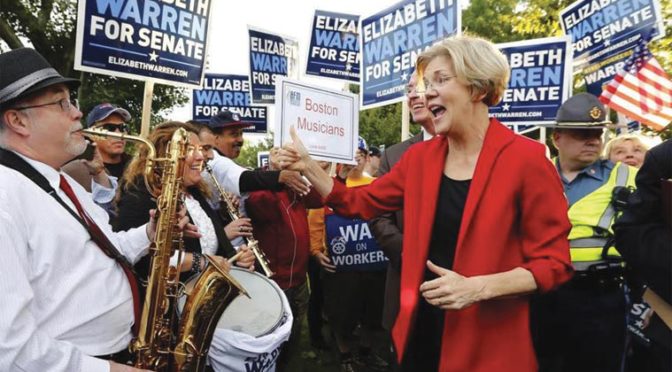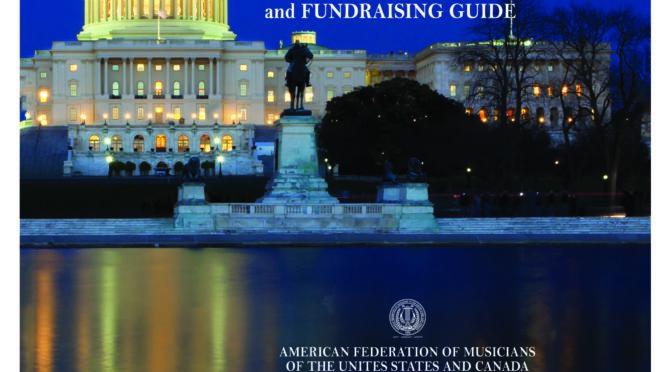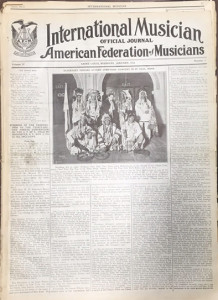By Shmuel Tatz, P.T., Ph.D.
For musicians, professionally related physical trauma can be one of the worst kinds of trauma because working musicians can repetitively, step-by-step, hour-by-hour continue to damage their bodies.
Musicians’ injuries usually don’t happen overnight, and healing doesn’t happen in one day. It takes time. Injuries related to the music profession can become aggravated because they are generally related to overuse and are difficult to avoid.
It is the job of a good physical therapist to help a musician heal in the shortest amount of time because the next day he or she may be off to London, Moscow, or Tokyo. Whatever the case may be, working musicians must be in excellent physical condition.
I have been working with musicians for more then 30 years. Using a hands-on physical therapy method, I have learned to feel the musician’s pain so that I can help him or her heal as quickly as possible.
I also have learned that being a musician is not just a profession, it’s a lifestyle. In order to play, you have to be in top shape, but you have to be prepared for injuries as well. This means you must know how to find the right kind of physical therapist in whatever city you are playing, just in case treatment becomes necessary for the show to go on. To help I have compiled a list of frequently asked questions:
How severe can structural misalignments requiring physical therapy become?
Naturally, the worse the problems are, the longer it takes to correct them. And, as time goes by, the original problem can become worse and create secondary problems. For instance, when a vertebra moves out of place, the body tries to compensate. It gradually adapts so one or more vertebras are forced out of place in some other parts of the spine. What’s more, it is likely that the vertebrae have built up a resistance to change. It takes time and regular physical therapy to “re-educate” the vertebrae and get them to hold their proper position.
How long should treatments last?
It’s impossible to answer this question simply. It depends on your specific problem and on the severity of your condition. And, of course, it also depends on the physical therapist’s education and experience. An experienced therapist who has worked with musicians can achieve positive results in 20 minutes, while a therapist with less experience may take 90 minutes to achieve the same results.
How rapidly will my body react to corrective physical therapy?
Healing time differs with each individual. It is possible that your symptoms will disappear shortly after you begin physical therapy. But healing and rehabilitation involve not only relief of symptoms but, more importantly, correction of the underlying cause. It’s a mistake to assume you are well just because your pain or symptoms are gone. Until the cause of your condition has been fully corrected, you should never stop physical therapy.
Always follow your physical therapist’s instructions carefully. He or she usually can estimate the minimum time and number of treatments it will take for any given condition to heal. Give yourself time, even if it seems longer than you hoped for. Remember, that complete cooperation with the therapist’s recommendations is the best way to shorten the time it takes to regain your health.
How can I find the right physical therapist?
One way to find a good practitioner is to ask your colleagues because you might have a physical problem someone you know has or used to have. A good physical therapist should give you some improvement even at your first session.
I believe that manual therapy is the cornerstone of good physical therapy, so a good therapist will combine manual therapy with other appropriate treatments, such as laser therapy or auricular therapy. While physical therapists can accomplish quite a bit using their hands alone, the added dimension of machines and exercises create a therapeutic counterpoint with many possibilities. Think of combined therapy like this: a violin solo is lovely, but add a cello and a piano, and you may have something extraordinary!
It is crucial that a musician get his or her main instrument–the body–checked out and tuned up from time to time, before minor issues have a chance to become serious problems.
–Shmuel Tatz is a Licensed Physical Therapist. Learn more at www.tatzstudio.net.









